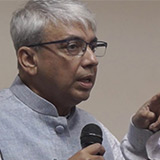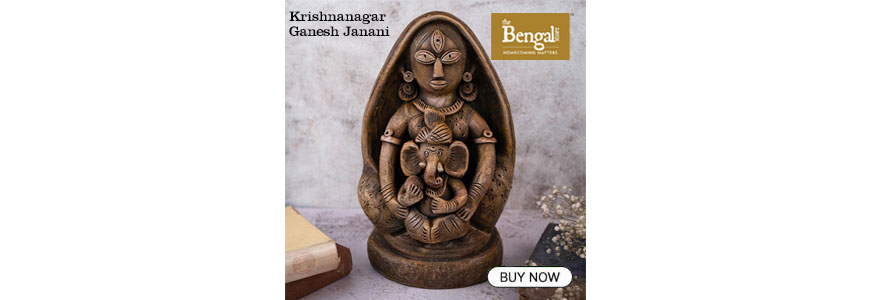What good is an autobiography that doesn’t tell the whole truth?
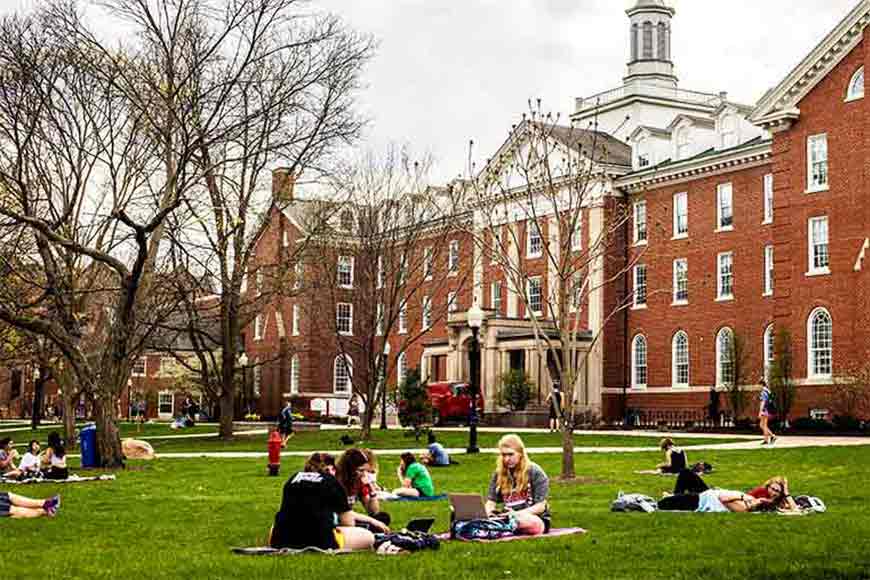
ISU Campus
An American saga without kissing and sex? Of course not! But before I come to those, I need to say something else.
If an autobiography cannot be completely honest, then what good is it? It needs to be open about everything – joys, sorrows, dreams, failures, frustrations – all of it.
When I wrote the saga of my life in India, it was a labour of love. ‘Ghoti Kahini’ was launched with much fanfare in December 2015 at Oxford Bookstore, Kolkata. Somaiya Akhtar and Sourav Dasgupta of Ravan Press had spared no trouble for the launch, right down to the TV cameras and popping flashbulbs of the media contingent. Samaresh Majumdar had to cancel his attendance at the last minute, but there were other luminaries in the form of famous composer Debojyoti Mishra, Bratya Basu, writer couple Arun and Shanta Sen, and Tridib Chattopadhyay, one of the faces of the Kolkata Book Fair, and my friend and brother figure since our Vidyasagar College days. Tridib, Udayan, Krishna, Manju, Helen, Meenakshi… were the ones we went on picnics with, or staged plays during college reunions.
Sindhi girl Manju Wadhwa had been brought up in Kolkata, and loved my singing. As for Udayan, I met him in Kolkata just the other day.
Both Samaresh Majumdar and the late renowned filmmaker Buddhadeb Dasgupta were lavish in their praise for ‘Ghoti Kahini’. While discussing the autobiography with me later, Buddha da had asked, “Partha my friend, all that sex stuff you’ve written about, is it all true?” All true, I had assured the cinematic genius. “I have not made up a single word, Buddha da. In fact, I could have written a lot more but didn’t.” I didn’t, because I had found myself unable to cross certain boundaries of literary decorum.
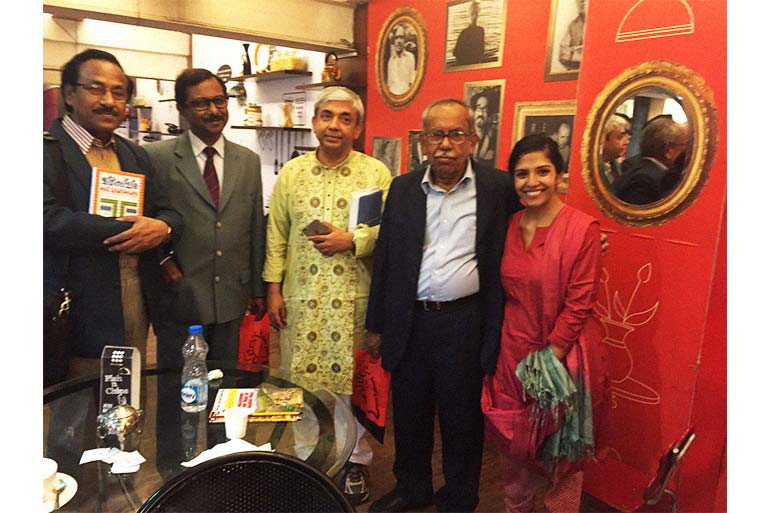 Professor Shoolpani Bhattacharya, Rafiqul Islam, and Matiur Rahman with me at the opening ceremony of Ghatikahini at Oxford Book Store. And my daughter Nandini
Professor Shoolpani Bhattacharya, Rafiqul Islam, and Matiur Rahman with me at the opening ceremony of Ghatikahini at Oxford Book Store. And my daughter Nandini
Likewise, all the stories from the second chapter of my life are completely, painfully true. As I write, I sometimes feel as though something is cutting through my chest. But still I write, still I publish. Because everyone should know. They should see the truth about life in America. It isn’t only about Hollywood, or beautiful, half-naked girls on Miami beach. America isn’t only about Times Square and gleaming highways, or mansions standing on a carpet of cool, velvety grass. Or the Nobel Prize, or Einstein, or Bill Gates, Bill Clinton, or Barack Obama.
All these are half-truths, polished and presented by the media. Like the shiny new door and dazzling neon sign board covering the facade of an old, derelict shop. I know the story of the real America. Both the good, as well as the filthy, dark, bloodied bad.
I have seen it all firsthand, from very close quarters. At ground level. And I will keep telling these completely true stories.
I had made a big mistake. In my apprentice-level Indian English of the early years, I would probably say, “I made a mistake, sir.” Today, I will say, “Shit, I screwed up big time.” Anthony Liberta, the professor at whose door I had finally landed up as a research student at ISU, had looked at Roger Anderson and said, “It’s a big mess.” The same Dr Anderson whose Ecology class I have written about earlier.
Also read :
Learning to speak ‘American’, and my first paper published
A miserable failure in Biology, and I was supposed to be a professor!
Hemanta, Manna, and the battle between two super successful Bengalis
How America deals with PNPC…or not!
Would all colour fade from life forever?
Mericamaya Satkahan: Potato chips with rice, and other trials
Mericamaya Satkahan: Living in the USA…on $380 a month
Mericamaya Satkahan: Friendless in a distant land
Sorrowfully, Anderson had agreed, “Yes, it is.”
The blow landed in the first week itself. Having just arrived in America, I was not ready for it - physically, mentally, emotionally. Professors Liberta and Anderson packed some of us into a van and took us to a farm belonging to the university, nearly an hour’s drive from the campus. An ornamental variety of wild grass called little bluestem had been planted on agricultural land for purposes of ecological experiments. It had been raining all morning, a hard, cold rain.
I was still fresh from India, neither physically nor mentally well. Both professors had told us at the beginning of the week that we would need raincoats. Well, I didn’t have one. Nor an umbrella. Besides, it wasn’t possible to work with one hand occupied by an umbrella anyway. So I was wearing a strange orange plastic poncho, bought from the only stationery shop on campus. That was all the protection I could afford, that too paid for with money borrowed from the department. The poncho had no buttons - it was as though I was wearing a tent, which let in water from all sides. My clothes were wet, my shoes and socks absolutely soaked.
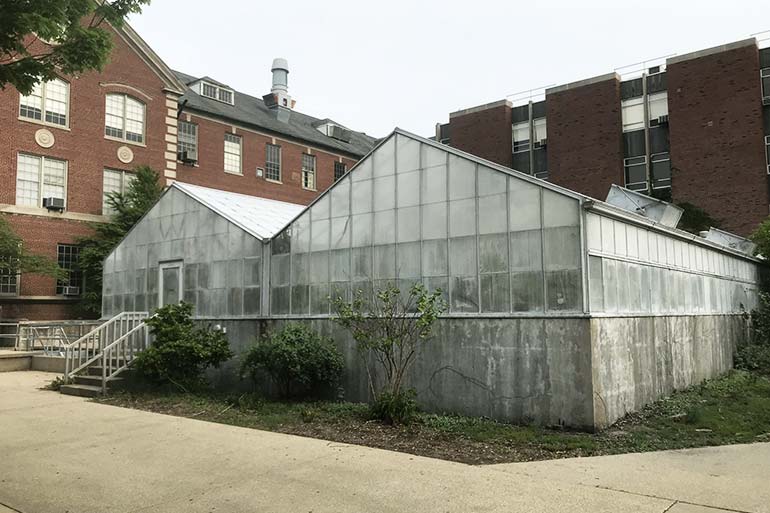 Illinois State University Greenhouse
Illinois State University Greenhouse
But I need to rewind a bit. As soon as I had presented myself at the department for the first time, graduate student advisor Dr Derek McCracken had shaken my hand and said, “Welcome. So, how do you pronounce your name?”
Thanks to my marksheet from the West Bengal Board of Secondary Education, I was still Partha Bandyopadhyay. Completely unaware of the trouble I was walking into, and unable to imagine how my blameless, harmless name could be the root of said trouble, I had beamed, “Partha Bandyopadhyay, sir.”
On the verge of widening his smile and issuing a cordial greeting to this student who had crossed the seven seas to come to America, he suddenly changed as he heard my name. In that brief moment, I had spotted that his teeth were blue. I had never seen blue teeth before. All of a sudden, I began to feel kind of scared. Here I was in an unfamiliar environment, the office of the shiny, plush Biology department. No sign of the dusty files I had been used to in Kolkata. No typewriters, cobwebs or tea stains anywhere, no dirty cups, smells. In one corner, an American secretary sat in front of her computer. Bright lights everywhere. It was all so strange, so unfamiliar. Not a whiff of Bengali anywhere either.
I went back to the day I had paid Rs 150 to make a call to this same department from the telephone exchange in Kolkata, to ask whether my admission was confirmed. Someone from this office had taken the call. My first international call from Kolkata. I hadn’t understood a single word, sending my Rs 150 down the drain. I had even written about it in ‘Ghoti Kahini’.
Our departmental head was Dr George Kidder. McCracken was Canadian. I had later learned that any name beginning with ‘Mc’ signalled Irish descent. Such as McDougal, McPherson etc. George Kidder was probably British-American, with a hint of a British accent. A 6 ft 3 in, white giant of a man, though cheerful and smiling. Was the presence of Irish and British faculty the reason I had broken through in this department? Who knows! I will never know now.
To top it all, there was Dr Matthew Nadakavukkaran, born and brought up in Kerala. I will have to talk a little more about him soon enough. I believe my four years of teaching experience came in very handy for these people. The department needed a moderately experienced teaching assistant, which was what probably opened the door for me.
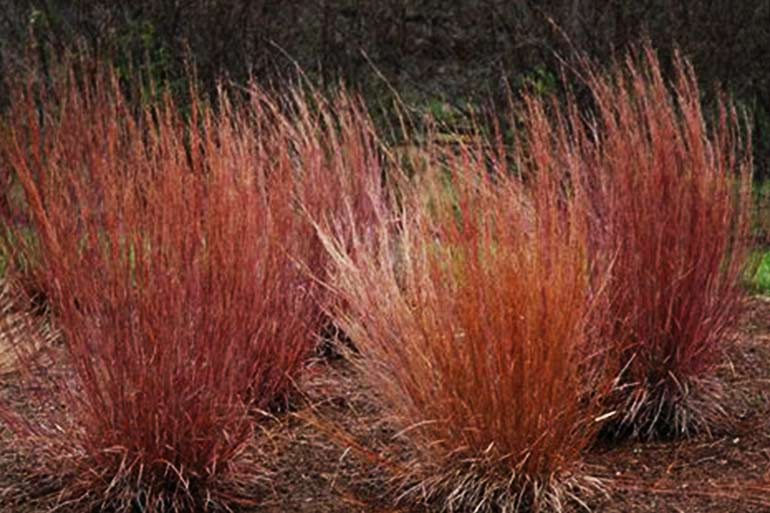 Little Bluestem
Little Bluestem
Liberta (pronounced Lai-berta) was Italian-American. Back home, when I had looked up Peterson’s Guide before sending in my application, I thought the name was ‘Lee-berta’. That is how we pronounce words. Like everyone back home says ‘Bee-den’ instead of ‘Bai-den’ when talking about the US President. Even the newspapers are full of such mispronunciations. Neither is anyone around to correct them, nor do they make any effort to learn what is accurate. They are the know-all media. How can they ever make a mistake?
But that is neither here nor there.
So McCracken’s face changed. And he said, “Oh gosh, I always thought it was Paar-thaa Bandiopadiaee.” Thank you WBBSE, for adding ‘yay’ to my last name. My father Jitendranath would probably have passed out had he heard this. After all, this was the Bandyopadhyay family of Varanasi’s Ganesh Mohalla we were talking about. Bandiopadiaee and Paar-thaa – this boy from an aristocratic family of Dasghara in Hooghly had already surrendered his caste by crossing ‘kala pani’, the sea. Now, he was about to lose the family name too!
Grandfather Kedarnath, great grandfather Ramdas, please forgive this abject descendant.
The cheerful professor asked, “You need some advance from your stipend?” My jaw dropped in amazement. All I had was the 100 dollars I had brought from home, or perhaps even less.
Soaked by the pouring rain, I had misunderstood the instructions and snipped off the upper portion of the little bluestem, instead of uprooting the entire plant from the muddy soil. A huge mistake. But I honestly did not understand their American English, and I was the only non-American student. Bill, the other student in Liberta’s lab, and the completely Americanised Shivcharan Singh Dhillon from Malaysia, who worked in Anderson’s lab, had made no such mistakes. Shivcharan would write his name as ‘Shivchurn Dillion’.
I had to pay dearly for my mistake, for a long time. And work my guts out to get back into Liberta’s good books.
Anthony Liberta had looked at Roger Anderson and said, “It’s a big mess.”
Sorrowfully, Anderson had replied, “Yes it is.” And after some thought, he had added, “But how do we fix it?”
(To be continued)
Translated from Bengali by: Yajnaseni Chakraborty
We are happy to present ‘Mericamaya Satkahan’, a weekly column by renowned human rights activist Dr Partha Bandyopadhyay, every Monday on GetBengal






